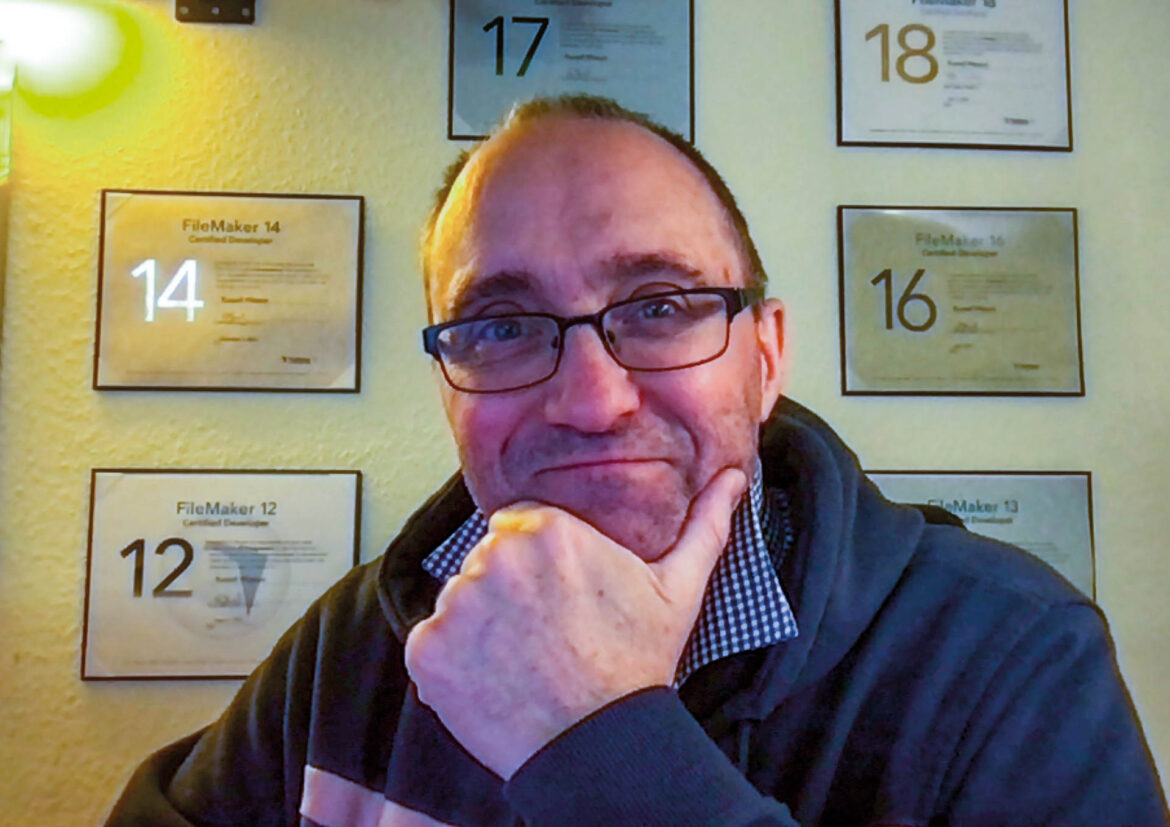mensanthropist [ men-san-thruh-pist ] noun
a person, who actively participates in fulfilling one of Mensa’s objectives by fostering and utilizing intelligence for the benefit of humanity
This time I chatted with Russell Watson, born in Hastings, England, now living in Germany and working as a full-time database developer, with a passion for mathematics, who shares his own development tools with the community under the brand name „Mr. Watson“. I know Russell from developer conferences because he has been working with FileMaker, the same database platform I work with for the last 31 years, and whenever I meet him he seems like a nuclear power plant, just generating smart ideas instead of electricity..
Russell, can you remind me how you got to Germany?
Well, I’ve had a very varied kind of life. I was born and grew up in Hastings on the south coast of England. When I was 19 I got into Cambridge to study mathematics but had a bit of a life crisis at the time because my plan had been to become a computer programmer. For a year, before getting into Cambridge, I worked at the Royal Greenwich Observatory in Herstmonceux with the astronomers programming CCD chips, getting pictures from these new electronic cameras and storing them in memory. And that kind of like blew away my dream because they were just all so boring.
I wanted to know more about people and ended up choosing archaeology and anthropology. Anthropology, because it’s about people, and archaeology because if I can’t quite get to grips with the social science anthropology side of things, I can use my scientific brain to do a bit of archaeology. But after one year, I couldn’t quite find my way. With the astronomers it was like looking billions of light years away, which was very interesting. But what did it have to do with me? Nothing, really. Then I discovered with archaeology, it was exactly the same, looking thousands of years into the past. That didn’t quite get to grips with me.
What I did learn was juggling. I learned to juggle at Cambridge University and to ride a unicycle. So I came back to Hastings back then and founded the Hastings Juggling Club.
Then had a quick stint up in Scotland, and after a year in Edinburgh, I had the idea of becoming an English teacher. So I ended up going back to Hastings, because it’s a great place in England for becoming a TEFL, Teaching English as a Foreign Language teacher. That was a four week intensive summer course, and there I met a very lovely lady who invited me to the Czech Republic to come and teach English at International House in Brno.
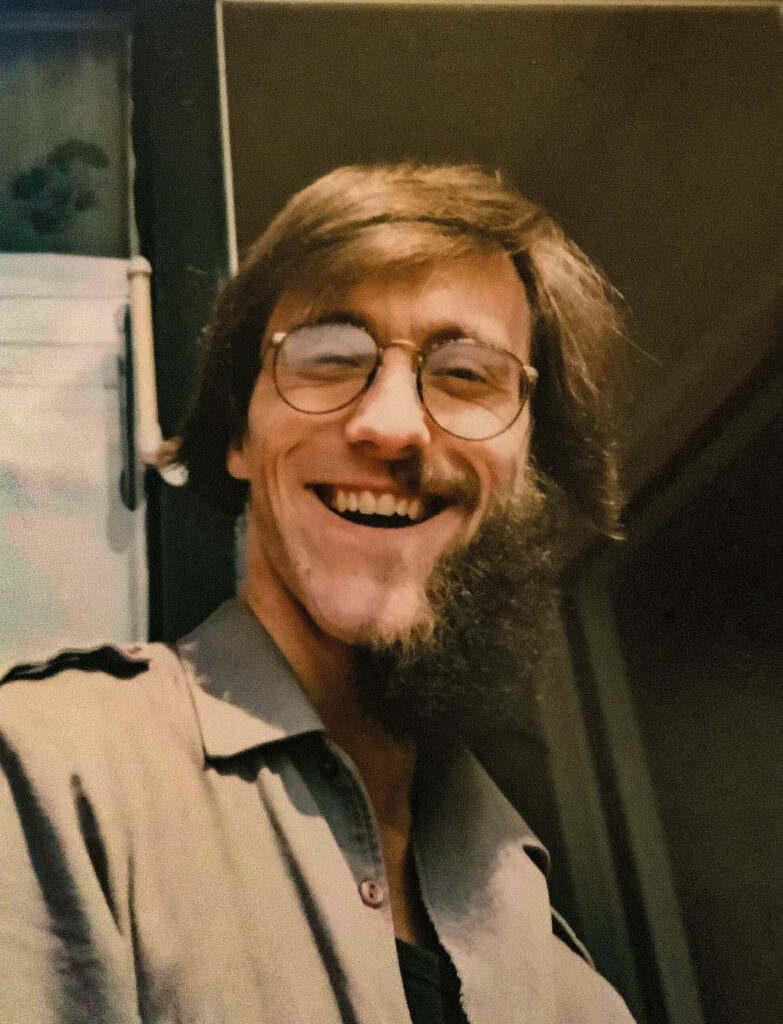
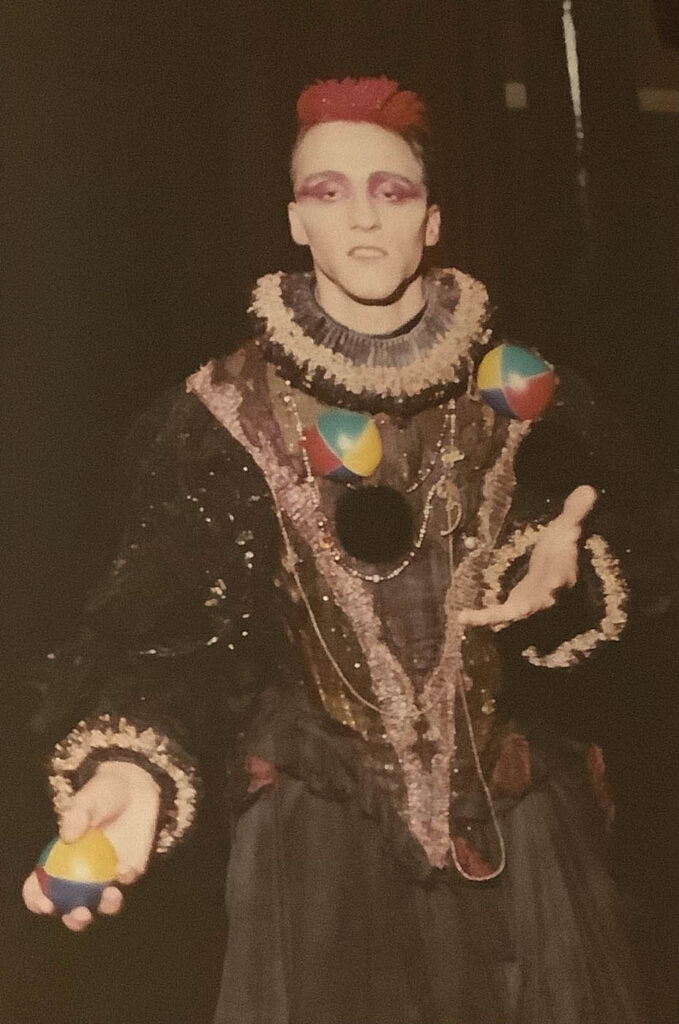
I have a great story from that time. Virtually nobody spoke English in the Czech Republic back then. When you went out to shops or the street, everybody spoke Czech and maybe a bit of Russian, but there was no English at all. So it was very important for us to learn Czech. After a couple of months or so we all went out for a weekend together and went to Český Krumlov by train. We were all really happy for having a nice phrase and it was „Ještě jednou to samé“ („same again“). So the first person went up and bought a return ticket and everybody after that said this phrase, and then we got our tickets and got on the train. Nobody checked our tickets ont the way there but on the way back, a ticket inspector came. When he looked at our tickets he asked: „Where are all the children?“ The first person had bought a ticket for an adult and a child. So with „ještě jednou to samé“ we had all these tickets for children. It was good times.
From there I went to Frankfurt am Main with my Czech girlfriend, and lived with her and her sister for two years, teaching business English there. Then I went back to England for a while and decided to study again. I did a preparation course, did a bit of social sciences, a bit of politics, and decided to study media studies and German. It’s a four year course with one year abroad, for which I went to Berlin, stayed there and met my wife to be. My studies developed into multimedia studies and then on the end I added an informatics bachelor as well.
I then moved around Germany a bit doing FileMaker programming, then in Zurich for a couple of months, from Zurich I got a job in Hamburg, lived in Hamburg for many years, and finally, about eleven years ago, I started working for Günther Business Solutions based in Leverkusen in North Rhine-Westphalia where my wife comes from.
So I’ve come full circle from my very mathematics, physics and computing childhood through social sciences, archaeology, anthropology and teaching, back to what in my heart I’m good at. And that’s thinking, solving problems, programming. And I hope I’m not as boring as the guys I first met…
That’s a quite interesting circle. And how did you get first in touch with databases?
As a young boy I worked for the Hastings Urban Conservation Project. That was a little charity that used to look after old buildings in my hometown and manage grants for people to help them redo their shopfronts or to help improve the town. A little bit of community oriented town planning. One of the guys started doing a local economy trading system, where people come together, create a virtual currency, and start trading services. I basically programmed a bank account system. So my first real database system was a bank, which is quite cool. That was just after my Cambridge studies. I was very pleased when I found ten years later it was still being used.
I always had this left brain, right brain thing. I always had on one side the computing and the programming, and on the other side I had juggling and being a clown and running the juggling club and playing unicycle hockey with the juggling club people. I’ve always needed this counterbalance to the pure theoretical, mathematical, scientific thinking. I needed some artistic, some creative other side to balance things.
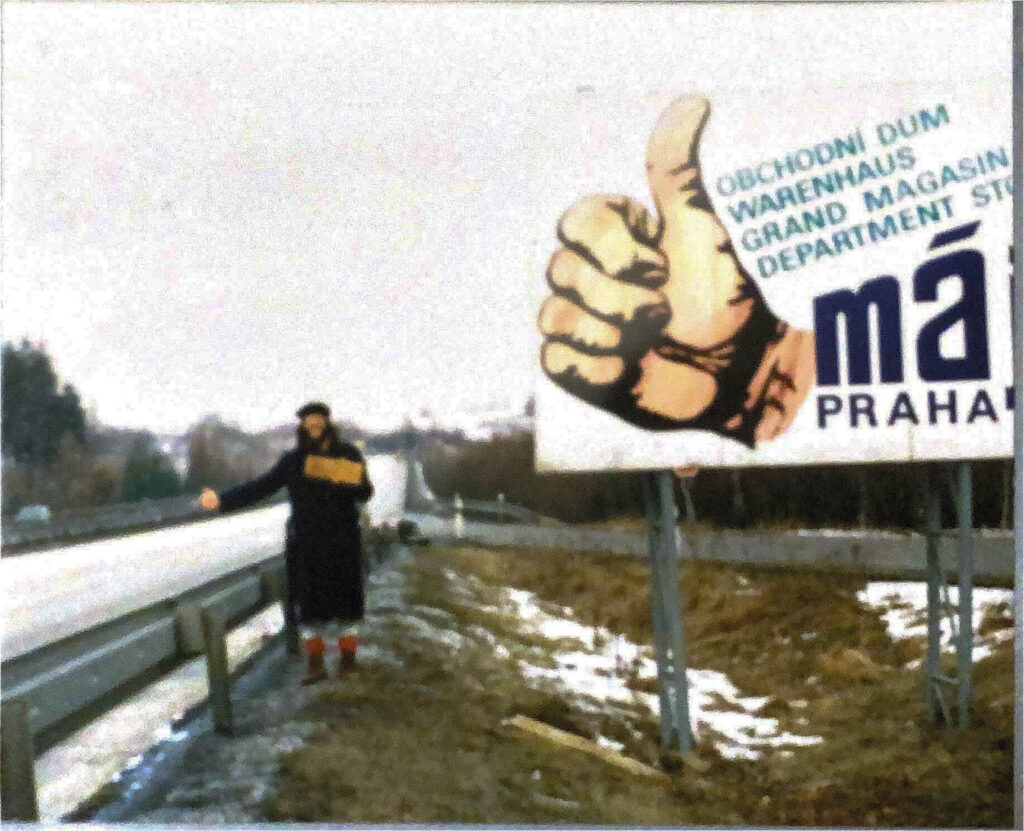
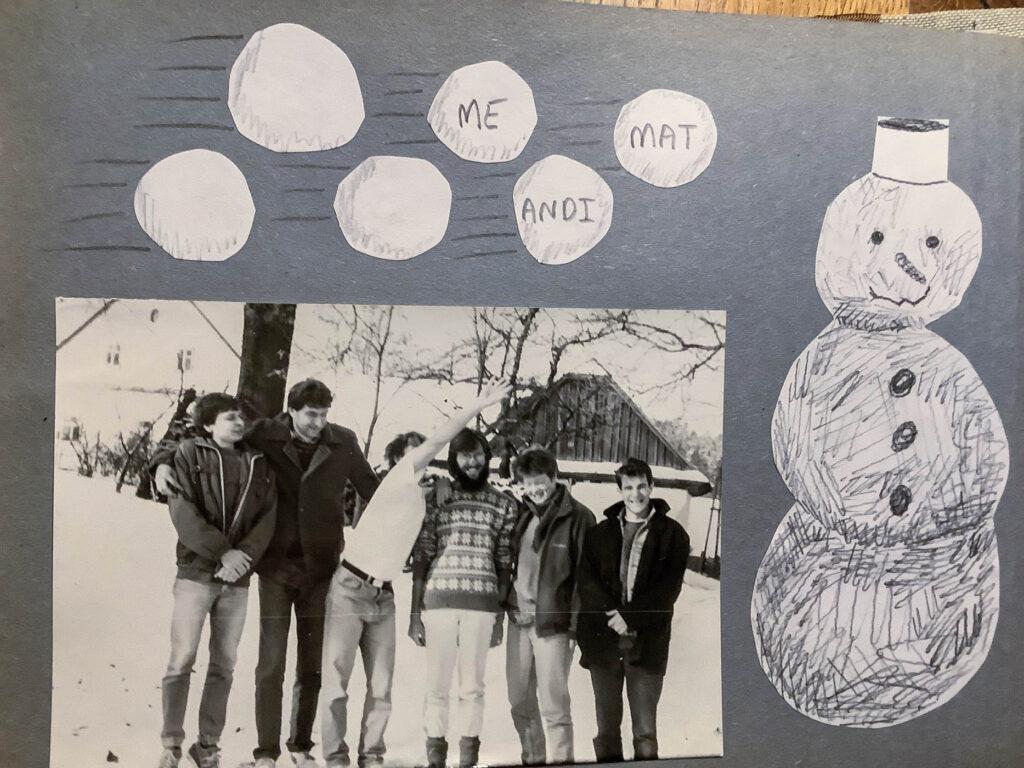
If you could have the power to decide what to do with the potential that people have as intelligent beings, what how would you use it?
This reminds me this question of my first interview at Cambridge, because I was a little math nerd at the time and really good at math. I went in and had a great math interview, but there was a second interview where they asked what I think about the fact that we spend millions of dollars on space research while in the African countries everybody’s starving. That just totally blew me away. I wasn’t ready for that…
Another little story, now about my name. I am called Russell. And the reason I’m called Russell, my parents tell me, is because as a baby I was lying in my cot and screaming, and on the television there was Bertrand Russell, a great mathematician who at the end of his life moved away from mathematics to become a politician. To come away from the theoretical joy of the mathematical science, and apply good ideas to the people.
So this question leads to other questions. How do we get our world to be a better place? Do we need more educated people? Do we need less nationalism? Do we need more understanding that we have finite resources?
So many things we’re doing are not sustainable. We’re driving a car which is getting faster and faster and heading towards a brick wall. Is it possible for intelligence to change the direction of this car? There must be a way to make people realize that we need to move to sustainability.
Now about the current situation in the world. What do you think has a better chance to end the Ukrainian war? Power or intelligence?
Intelligence, as the power is completely wrong. But that’s what Putin is doing. He’s saying power wins. I’ve got the power. And so he’s doing what he wants and he’s testing the West and correctly recognized that the West is not ready to stand up to him. So he’s basically walking into Ukraine. Whether he will then continue walking into Poland? I don’t think the way to combat him is with power. I think the way to combat what’s going on at the minute and in Russia and in the world is from within. To get the people of Russia realize what they have, what they don’t have. Realize the power of freedom. Try and get the Russians to see logic.
I see the democratic system as being the logical, sensible way of living one’s life. It seems to me that freedoms do lead to better decisions. Democracy leads to better decisions. Free social markets leads to better decisions than top down. Britain may be one of the frontrunners of individual freedom. At least the theory of the place is that it’s the everyday man who has the freedom. Politicians only should reflect that freedom and do their politics for the person. I would like to believe that is one of the best ways of organizing social structures.
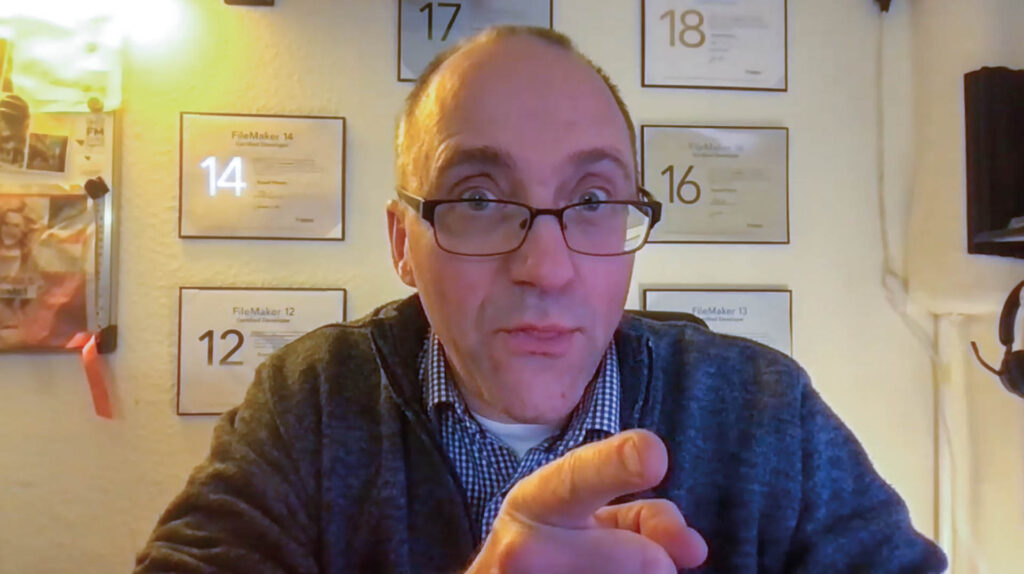
Based on what you studied about anthropology and archaeology, do you think that evolutionary intelligence is going to win over strength? Are we are we going to get more intelligent as humans going forward?
I do think so. It doesn’t mean there’s not going to be ups and downs. Via strength the world will go into a very big recession. But I believe the evolutionary power of science and learning will in the end prevail. All of the knowledge and intelligence that we have has to be passed on when we’re born. We have inherent evolutionary intelligence. We know how to breathe and cry and fart and burp and feed, but how the world works we have to learn out. A very fragile system is passing on of learning the recording of stuff in books, recording of stuff in out-of-date media.
A challenge is to maintain that as we also have the problem of specializing. To make advances in our knowledge, we have to start specializing at an early age to get to the ends of our knowledge so that we can then apply new things to take our knowledge boundaries further, and whether there is a physical limit preventing us to learn enough to get further.
Do you think people are able to learn faster today than 100 or 1000 years ago?
Definitely. Particularly with the Internet and the availability of information. You can get knowledge and understanding and learn techniques and methods much more quickly and readily than in the past. Whether watching a few entertaining videos really brings you intelligence, or whether the hard graft of sitting down with a problem and working through it for yourself, I am not sure. But there’s definitely much more possibility to learn faster and maybe with more direction.
You have been learning a lot and teaching a lot as well. Did you enjoy more learning or teaching?
I think more learning. Although teaching English when I was there, I really enjoyed it. At that time in my life, I was teaching more than I was learning, though I was learning to teach. So that was also learning. But in general, I have preferred learning. But there comes a time in one’s life where you’re working towards the end of your life and then learning more becomes less valuable than passing your knowledge on to other people. I think I’m getting to that kind of stage where there’s gradually a movement in the direction of passing some of my learned abilities onto friends, colleagues and students.
Out of everything you learned what are you the most grateful for?
At a presentation at University of Cambridge, I can’t remember from whom it was, but it was the one comment in life: Don’t do something because it’s easy. Just this one statement. For me it was such a revelation. Because human kind is geared towards taking the easy route, doing the easy thing, not expending too much energy. Realizing that because something is easy is an appalling reason to make it your choice, was fantastic direction in life. Since then I now don’t necessarily choose things which are the easiest way to go, but for some other much more valuable reason to do them. Because it betters me and betters the world.
Is there something that you have not learned yet but you would like to learn in the future?
Group theory would be nice. In mathematics, it looks like a really interesting area of mathematics, but I just do not get the time to invest into such lovely mathematical things. I would be also open for some other languages. I would very much like to get back into mathematics more again and learn more about prime numbers, more about group theory. On the other side, maybe to learn how to be useful to humankind. I’m working on that one. How to help humankind. How to donate time, donate energy, inspire people. I need a little bit more thoughts on how I can inspire people.
You market your developer tools under the name Mr. Watson. I can only imagine it’s inspired by Sherlock Holmes. Is that so?
It wasn’t the main reason. The main reason is because I’m an English guy in Germany. And so being an English guy in Germany, calling myself Mr. Watson instead of Herr Watson. Herr Watson sounds strange. Mr. Watson is part of my British identity than particularly related to Sherlock Holmes. I’ve certainly read some of the Sherlock Holmes books, not all of them, but I’ve read them and I know the character of Sherlock Holmes and Mr. Watson. I do relate to the books, whether I relate more to Sherlock than to Mr. Watson, I don’t know.
But most certainly my wife had a little bit of a shock when she married me. Just quite how well known the doctor Watson name is from Sherlock Holmes. Everybody commented to her: „Ah, Dr. Watson!“
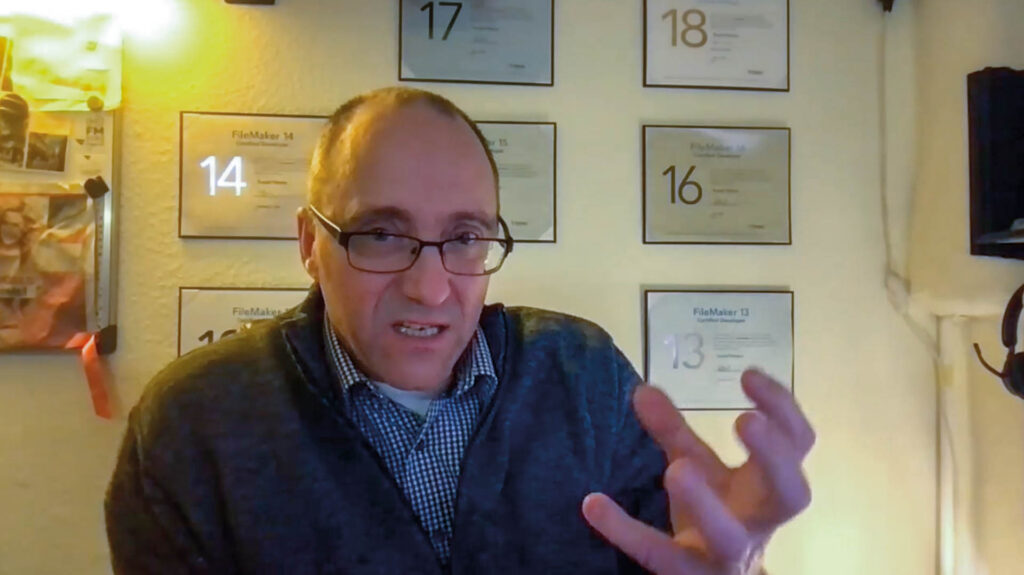
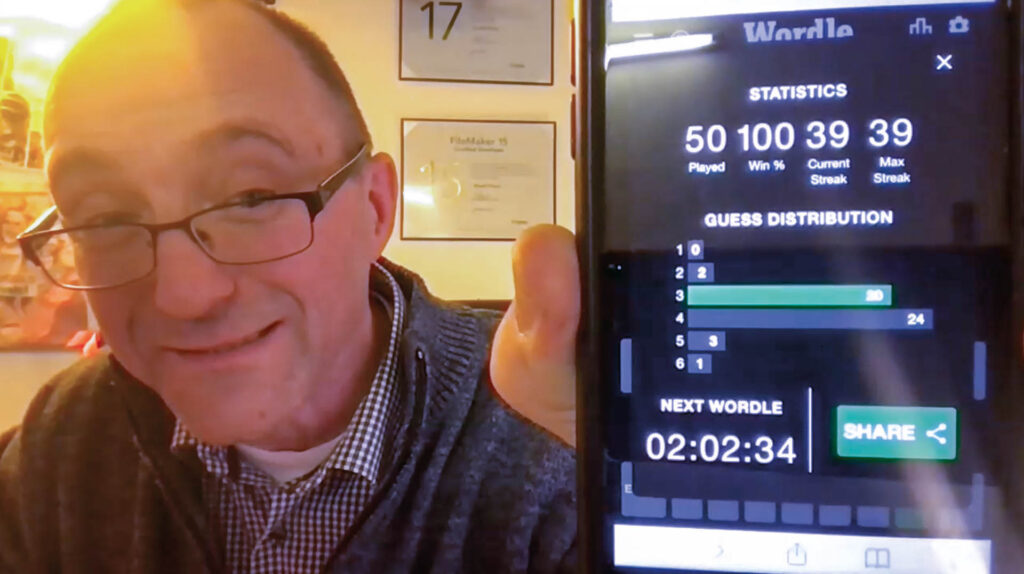
What are your plans for the next five years?
I’ve been at Günther Business Solutions for ten years but now I’m feeling a bit like an engineer and that was always a horrible kind of idea. I wanted to be the next Newton. So I’m here now in my engineering role, where many of my jobs are slightly mundane, everyday keeping things working, and that isn’t really that exciting. I would quite like to get my teeth more into modern development environments.
I do feel that there’s a lot out there which can be learned, which could be great fun to program. A new burst of learning, a new way of expressing logic and intelligence and programming and stuff in a more modern, slick environment, I would find very interesting. How and whether is the next question.
Who is going to answer that question? Your wife, your kids or yourself?
Soul plays a big role. The animal deep inside me, which is stirring whether it will break out and say, I must, I need to run, I need to jump, I need to play, I need to scream. That’s one possibility where the next direction will come from. Maybe a project will come along within my current setting, which will take a new direction. Maybe a headhunter, maybe out of the blue. Maybe it just needs something to spark at a conference. And there’ll be new ideas, new ways. Politics has just turned on its head the last 30 years. This past is finished. We’re in a new chapter. There’s a change in the air…
Web links:
Russell’s „Mr. Watson“ website: www.mrwatson.de
TEFL (Teach English as Foreign Language): www.tefl.org
ILC International House Brno: www.ilcbrno.cz
Hastings Community Circus: www.hastingscommunitycircus.co.uk
Günther Business Solutions: guenther-bs.de
